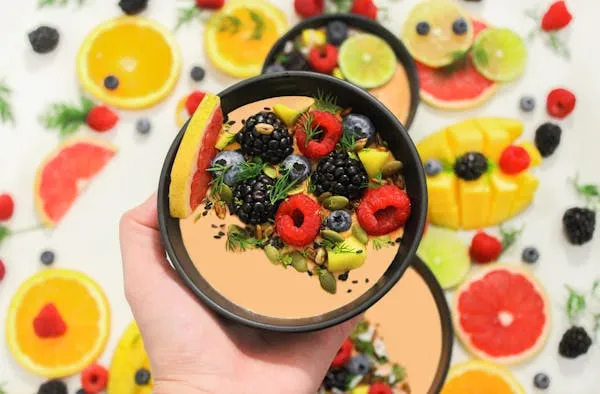The Impact of Nutrition on Mental Health: What You Need to Know
In recent years, the relationship between nutrition and mental health has gained significant attention in the wellness community. The phrase “you are what you eat” extends beyond physical appearance; it profoundly influences our mood and mental well-being. This article explores the critical connection between nutrition and mental health, highlighting how dietary choices can impact emotional states and cognitive function.
The Gut-Brain Axis: A Vital Link
One of the most intriguing aspects of this connection is the gut-brain axis, a complex communication network linking the gastrointestinal system and the brain. Research indicates that gut health plays a crucial role in mental health, as the gut microbiome produces neurotransmitters, including serotonin, often referred to as the “happy hormone.” By prioritizing gut health through nutrition, we can potentially enhance our mood and overall mental well-being.
Debunking Skincare Myths: What Really Works for Healthy, Glowing Skin
Probiotics: Nourishing Your Gut for Better Mental Health
Incorporating probiotics into your diet can significantly benefit your mental health. Probiotics, found in fermented foods like yogurt, kimchi, and sauerkraut, support a healthy gut microbiome. These beneficial bacteria help regulate neurotransmitter production, which can lead to improved mood and reduced symptoms of anxiety and depression. Consider adding probiotic-rich foods to your meals for a mental health boost.
Omega-3 Fatty Acids: Essential Nutrients for Brain Health
Omega-3 fatty acids are vital for brain health and are linked to reduced symptoms of depression and anxiety. Found in fatty fish (such as salmon), walnuts, and flaxseeds, these nutrients support the development of brain cells and enhance cognitive function. Including omega-3-rich foods in your diet can provide your brain with the nourishment it needs to thrive.
The Dangers of Sugar: A Mood Disruptor
While sugar may be tempting, excessive consumption can lead to inflammation in the body and brain, potentially exacerbating mood disorders. Reducing added sugars in your diet can help stabilize your mood and improve overall mental health. Instead of sugary snacks, opt for healthier alternatives that provide sustained energy and support emotional well-being.
The Science of Beauty Sleep: How Rest Affects Your Skin and Overall Glow
Complex Carbohydrates: Fueling Your Brain
Complex carbohydrates, such as whole grains, fruits, and vegetables, are essential for maintaining stable blood sugar levels and promoting serotonin production. By choosing whole grains over refined carbohydrates, you can support your mental health and enhance your mood. Simple dietary swaps can make a significant difference in how you feel.
Essential Vitamins and Minerals: The Unsung Heroes
Vitamins and minerals play a crucial role in mental health. B vitamins, magnesium, and zinc are essential for brain function and emotional regulation. These nutrients can be found in a variety of foods, including leafy greens, nuts, seeds, and lean proteins. Ensuring you get adequate amounts of these nutrients can support your mental health journey.
Conclusion: Nutrition as Part of Your Mental Health Toolkit
While proper nutrition is not a substitute for professional mental health treatment, it can be a valuable component of a holistic approach to mental well-being. If you are experiencing mental health challenges, it is essential to seek guidance from a healthcare professional. However, incorporating nutritious foods into your diet can enhance your mental health toolkit alongside therapy, medication, and self-care practices.
Take Action: Small Changes for Big Impact
Making dietary changes doesn’t have to be overwhelming. Start with small, manageable adjustments, such as replacing sugary snacks with nuts or adding more vegetables to your meals. Every positive change contributes to better mental health.
In summary, the connection between nutrition and mental health is undeniable. By making informed dietary choices, you can nourish both your body and mind, paving the way for a happier, healthier life. Here’s to mindful eating and improved mental well-being!






